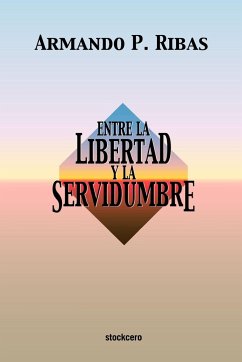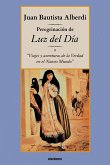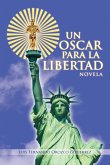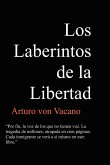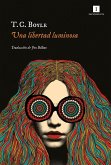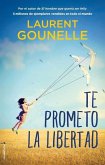In this essay Dr. Ribas analizes the philosophy and ethics that begat throughout history the free societies -already studied by Popper-, as compared to those which backboned intelectually the the twentieth century totalitarisms. Facing the Perestroika and the fall of the Berlin wall, Armando Ribas' book becomes a major study document in order to obtain a clearer understanding of the times we live, as well as a sobering call to seriously evaluate the post-Castro Cuban transition alternatives in the actual Latin American context. The author stands optimistic: he believes in the improvement of mankind despite the troubles faced. Seen under this light the final triumph of free capitalistic democracy, far from showing the end of history, heralds the abandonement of the shackles imposed by the Hegel and Marx historicism. The twenty first century yields new possibilities to the adventure of man on Earth. Such adventure will stand safer and more prosperous as the fundamental values underlying in the historical processes that beget the free capitalistic democratic societies gain universal acceptance.

